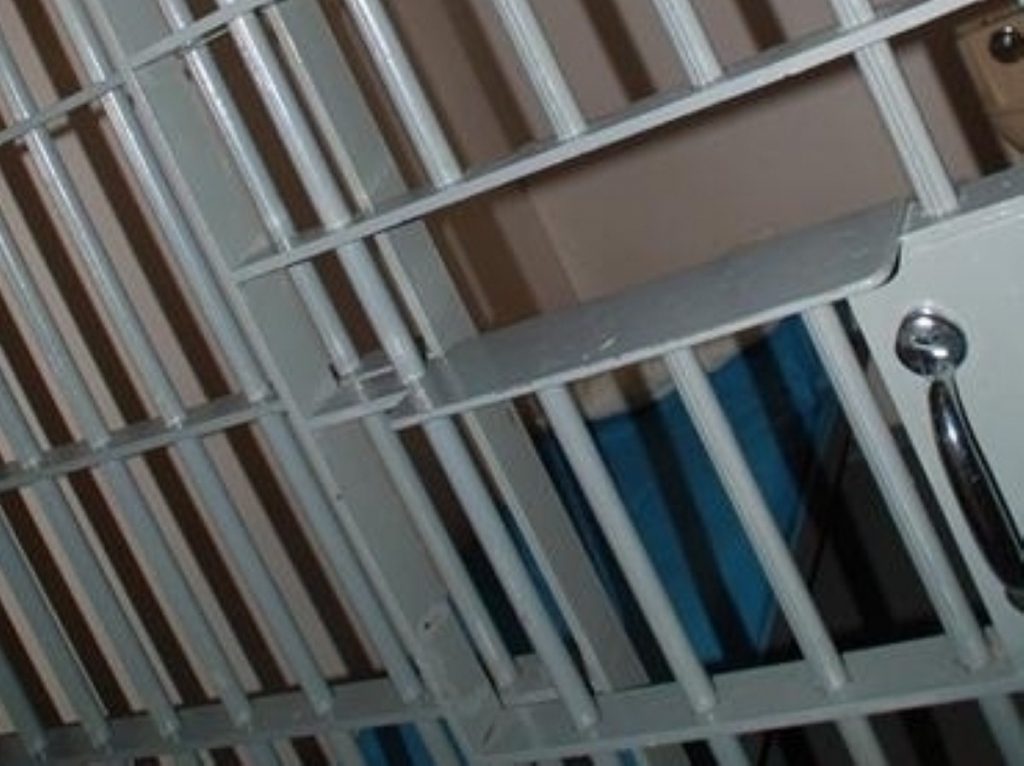Prisoners may get the vote after euro-ruling
By Peter Wozniak
Britain’s 140-year old law stripping prisoners of the right to vote may be set for the scrapheap, as the government reportedly submits to a European ruling.
The move would make many Tories furious given the source of the judgment, but has delighted reformists who called the decision “historic”.
The European Court of Human Rights judged the elements of the Forfeiture Act of 1870, forbidding inmates from voting in general elections, and preserved in the 1983 Representation of the People Act, were unlawful.


David Cameron is reportedly displeased at having the change imposed by the court in Strasbourg, which is a target of much of the Conservative ire towards Europe.
The eurosceptic Tory MP Bill Cash said the decision was due to Liberal Democrat influence in government.
He told the Daily Politics programme: “This movement from that position [witholding the right to vote] to this is huge as a matter of principle… this is a deep question of parliamentary sovereignty.”
Suggesting anger is directed not so much at the change in policy itself, but the apparent acquiescence to the European ruling, he added: “We can probably find a threshold [to grant short-sentence inmates the vote] but it should rest on a Westminster enactment, not a Strasbourg court.”
Ukip spokesman Nigel Farage went further, calling the decision a “surrender”, accusing the prime minister of “cowering before a panel of judges”.
To attempt to preserve the total ban on prisoners voting rights would mean further appeals and millions of pounds lost to litigation, according to the Telegraph’s report.
No official government announcement has been made on the details of the upcoming changes. The Cabinet Office insisted no final decision had been reached.
The Telegraph is reporting this morning that an option being considered would preserve the ban for some inmates convicted of more serious crimes such as murder.
The European ruling only calls for a removal of the blanket ban, but allows member states the freedom to decide how to enforce it and to impose bans on certain groups of convicts.
The Labour government pushed the issue into a series of consultations without reaching the point of legislation.
Juliet Lyon, director of the Prison Reform Trust said the decision “would mark the end of the archaic punishment of civic death dating back to the Forfeiture Act of 1870.
“In a modern prison system you would expect prisoners to have rights and responsibilities and politicians to take an active interest in their constituency prisons.”
She added: “People are sent to prison to lose their liberty not their identity.”
The prime minister, having just navigated a difficult row over the EU budget, will not be pleased that the issue of Europe, on which many of his own backbenchers hold particularly strong views, seems to be rearing its head once more. Although the ECHR is not part of the EU, its rulings apply to all EU member states.









